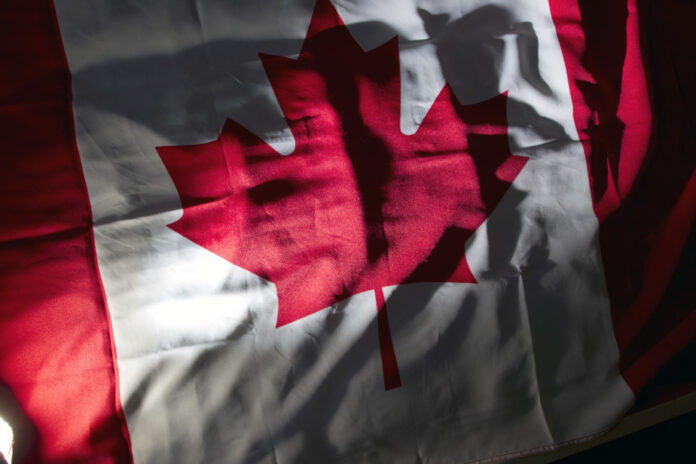(Ottawa and Quebec) While it identifies “interesting measures” for Francophone communities in other provinces in the federal action plan on official languages, the Legault government regrets that it has seen nothing so far in the document to protect French in Quebec. Only a fraction of the 4.1 billion concerns the French language on Quebec territory.
“As Minister responsible for the French Language in Quebec, I have not yet seen in the plan any measures that are consistent with the declaration of Prime Minister Trudeau and the Minister of Official Languages, namely that French in the Quebec is threatened, ”reacted Jean-François Roberge on Wednesday, a few hours after Ottawa’s announcement.
The new Action Plan for Official Languages unveiled Wednesday in Ottawa provides $1.4 billion in additional funding over five years, for a total of $4.1 billion. Its objective is to reverse the decline of French in the country. One of its biggest pillars aims to stimulate immigration to restore the demographic weight of Francophones outside Quebec.
“We know that French is a minority in North America and that makes its situation fragile,” said Prime Minister Justin Trudeau at a press conference.
However, approximately 20% of the envelope should be allocated to support English in Quebec, confirmed a senior official from the Department of Canadian Heritage during an information session. Everything will depend on the requests that will be made by the organizations of the English-speaking community in Quebec, but it is generally the proportion of the envelope intended for them, she specified.
The new Official Languages Action Plan already provides an additional $137.5 million for the arts, culture and heritage of English-speaking Quebecers.
“I want English-speaking communities in Quebec to have the means to develop. I understand that the federal government is going in that direction. But what about community organizations, organizations that defend the French fact in Quebec? It takes an asymmetry, ”responded Minister Roberge.
“I don’t think there’s any amount of money needed to protect English speakers in Quebec because they’re not threatened,” commented Bloc Québécois leader Yves-François Blanchet. while inviting Ottawa to stop intervening “in Quebec’s language regime”.
Prime Minister Justin Trudeau did not answer any questions from the media at a press conference, leaving that to Minister Petitpas Taylor. She sees no contradiction between the defense of French and the fact of giving about a fifth of this money to support English in Quebec.
She recalled that the weight of French continues to decline in Canada, according to the latest census. The proportion of people whose mother tongue is French fell from 77.1% to 74.8% from 2016 to 2021 in Quebec and from 20.6% to 19.6% across the country.
Quebec will have access to certain envelopes of the Action Plan on Official Languages which will be shared between all the provinces and territories, confirmed the cabinet of Ms. Petitpas Taylor. It will therefore be able to obtain a portion of the $243 million that will be allocated as of next year to learning French as a second language, of the $8.5 million for the dissemination of scientific knowledge in French, of the $6.5 million for the Conseil ministers of the Canadian Francophonie and the 5 million internships in the arts and culture sector.
Minister Roberge welcomed some of these measures and qualified his remarks by acknowledging “that there is still something positive” in the new federal plan, particularly for French-speaking minority communities.
The Federation of Francophone and Acadian Communities highlighted “the historic sums” granted to official languages. The four pillars of the action plan correspond to its demands.
The Action Plan on Official Languages provides an additional $137.2 million to stimulate Francophone immigration outside Quebec, for a total of $221.5 million over five years. In 2003, the federal government set itself the target of attracting 4.4% French-speaking immigrants to the English-speaking provinces. He reached it for the first time in 2022.
The FCFA demands a more ambitious target of at least 12% to restore the demographic weight of Francophones. The new target will be set by the federal Department of Immigration after the passage of Bill C-13 on the modernization of the Official Languages Act, whose third reading debate in the House of Commons began on Wednesday. The legislative text provides for the adoption of a Francophone immigration policy with objectives, targets and indicators.
The other pillars of the Action Plan on Official Languages are education and early childhood, the vitality of communities and the promotion of French and English within departments. The total sum of 4.1 billion allocated to it until 2028 is a little higher than the 3.8 billion announced in the last federal budget.


















